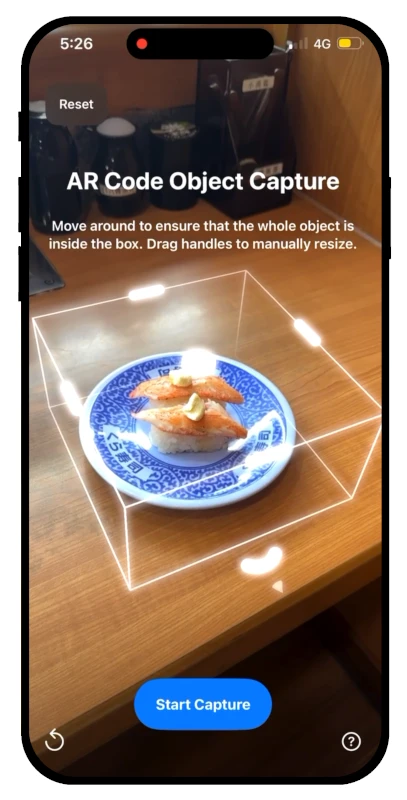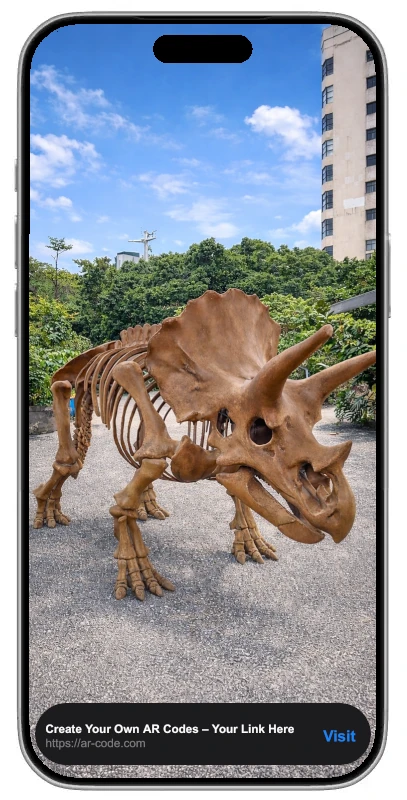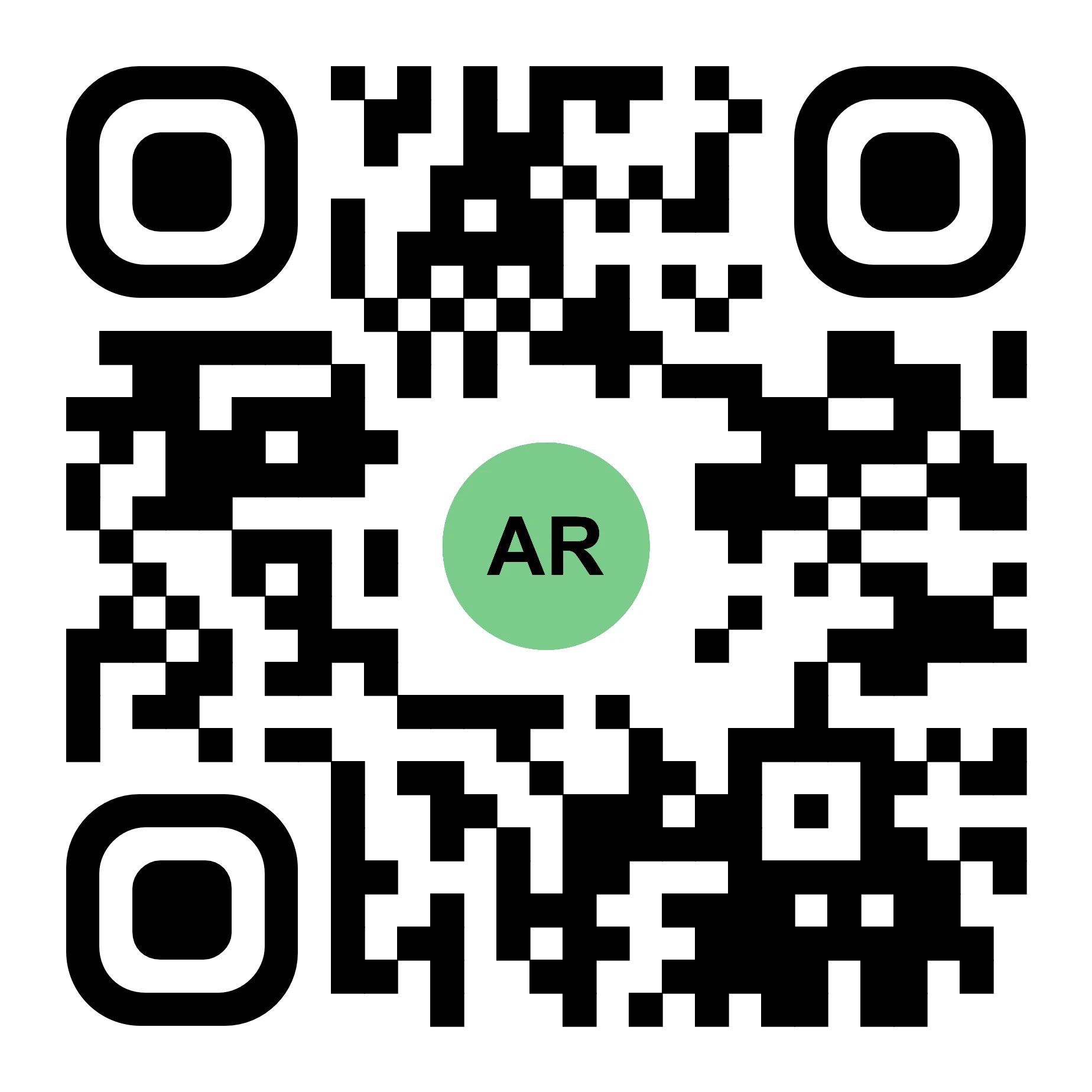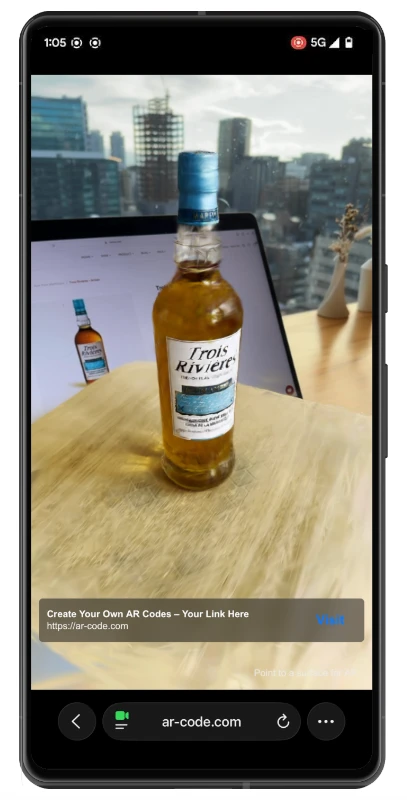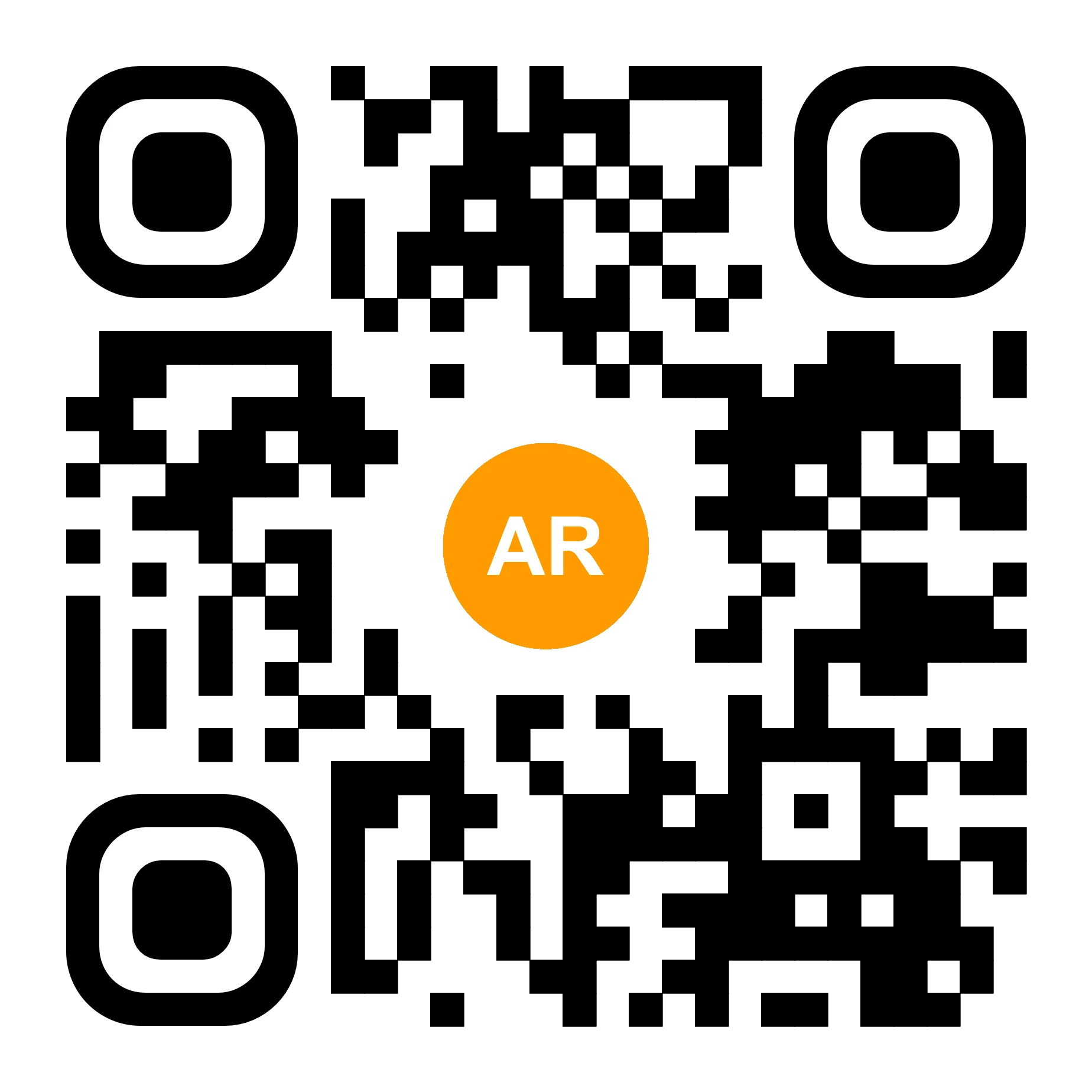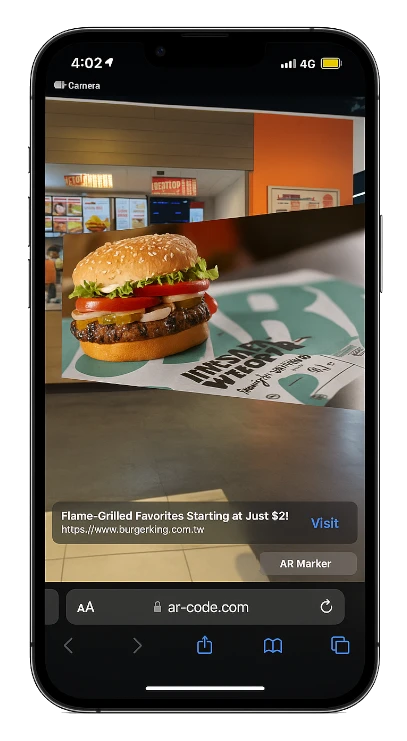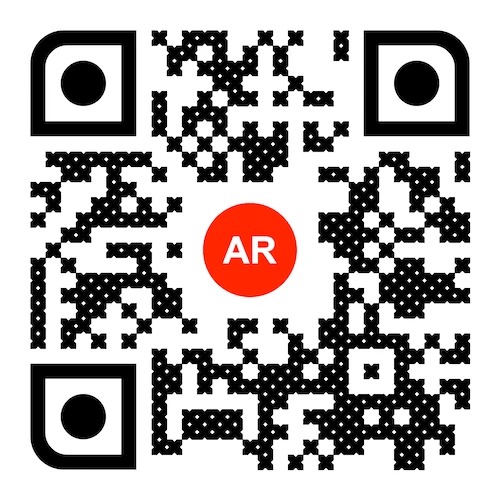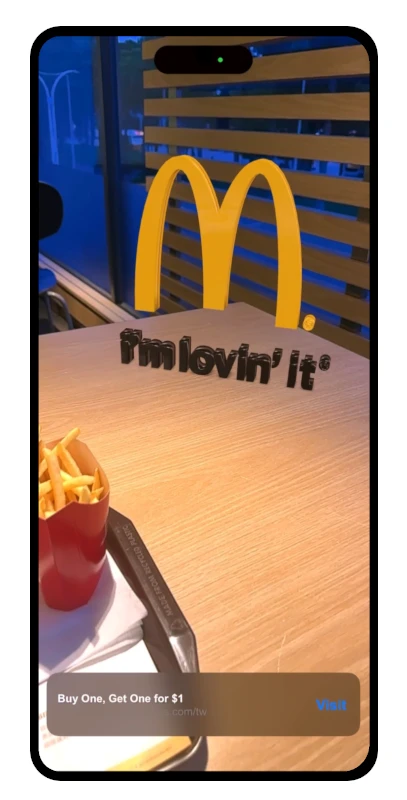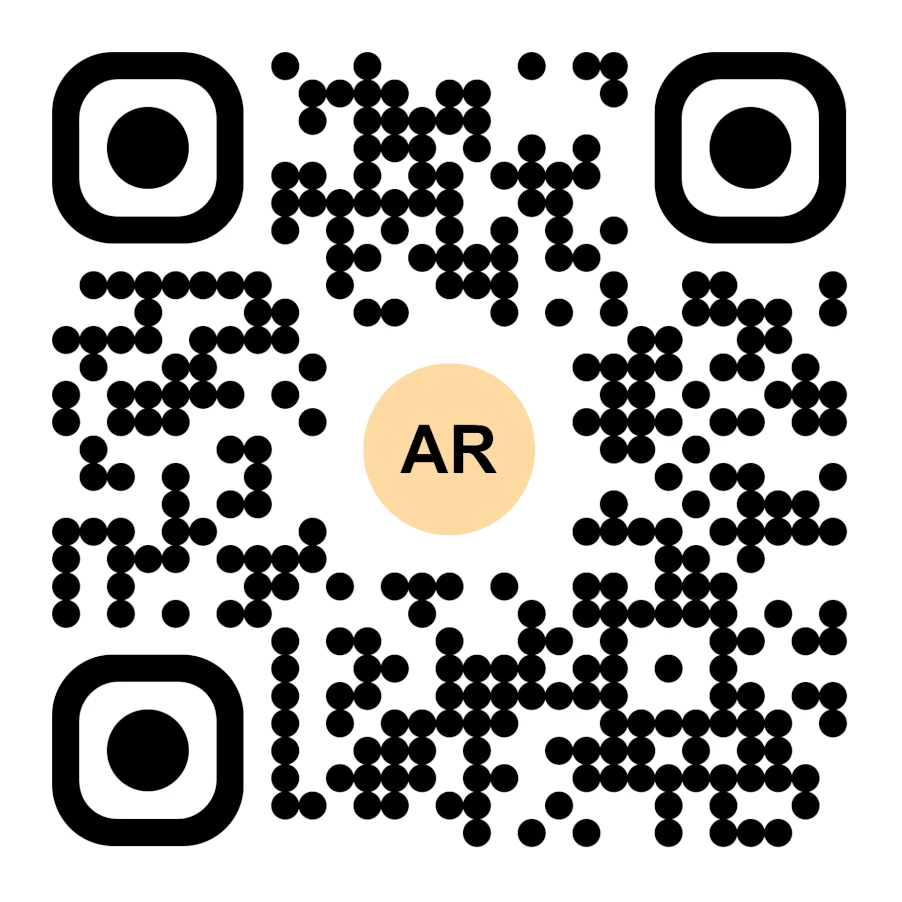VIDEO TUTORIAL: How to compress / reduce the size of an industrial 3D CAD model with MeshLab and Blender?
Tutorials | 01/02/2026 |
Accelerate your business growth and stand out in your industry by adopting AR Code SaaS solutions for advanced augmented reality. Harness high-quality 3D models, master 3D file size optimization with Blender, and deliver sharp, high-definition 3D CAD content to your AR experiences. To begin, follow our guide on how to scan AR codes for seamless integration.
AR Code enables efficient AR deployment for every business sector, supporting major 3D CAD formats including STL, OBJ, STP, IGS, OFF, GLTF, GLB, WRL, and BREP. With our platform, you can simplify your workflow and reach more users with robust AR content.
Unlock Industrial 3D CAD Models with Augmented Reality
Modern manufacturing relies on precise 3D CAD modeling. Engineers and designers use Fusion 360 Autodesk, Solidworks, and CorelCAD to create innovative AR applications. Explore how AR Code is revolutionizing industrial businesses by enhancing processes, collaboration, and innovation. Take advantage of our new AR GenAI tool to instantly generate a 3D AR experience from a single product photo, streamlining your digital pipeline.
Optimize Industrial 3D Models for Superior AR
Achieve superior AR performance by using AR Code's optimization tools. Reduce mesh complexity in your CAD software for quick, interactive AR displays. Refine and compress models with CAD Assistant, MeshLab, Blender, and Gimp. Learn more with our guide on compressing industrial 3D CAD models for fast-loading web AR.
Step 1: Convert Non-Annotated CAD Models with CAD Assistant
CAD Assistant is a free converter that streamlines your business workflow. Download from https://www.opencascade.com/products/cad-assistant/ and export your model as .OBJ to begin optimizing your AR project.
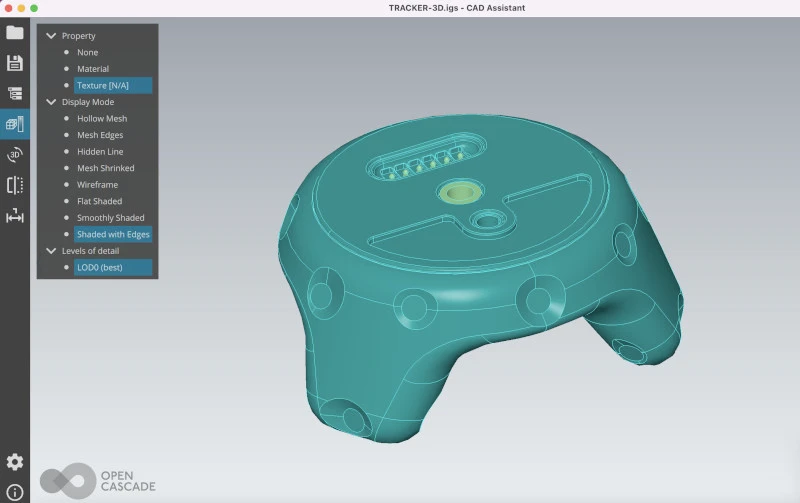

Step 2: Refine Your 3D Model with MeshLab and Blender
Ensure smooth AR presentation and quality visuals with MeshLab and Blender. Apply Blender decimation to optimize your assets for enterprise AR projects.
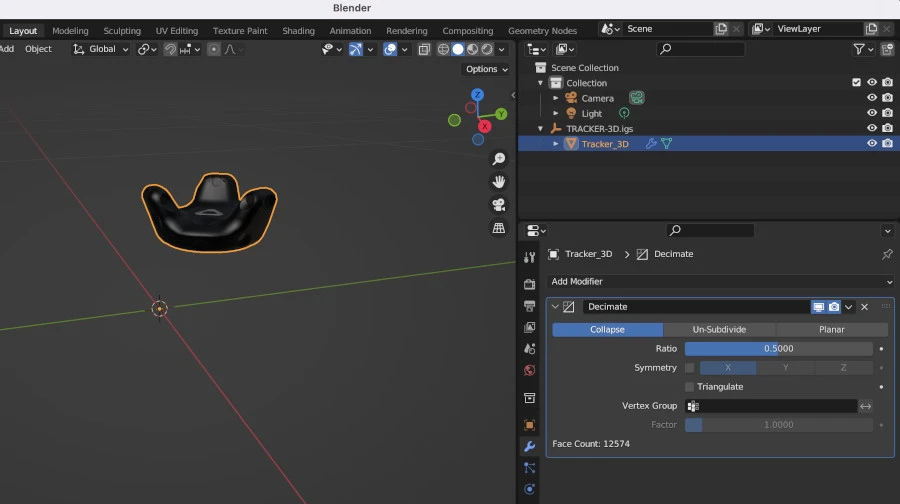
Step 3: Enhance Texture Performance with Gimp
Speed up load times and improve AR quality by editing textures in Gimp. Optimize image dimensions and export formats to guarantee fast, visually impressive AR.
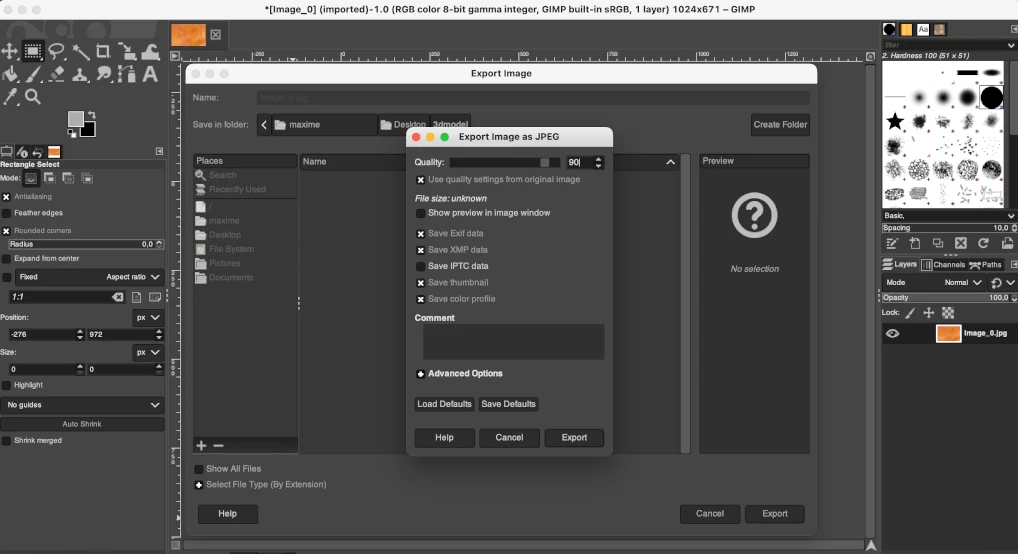
Step 4: Export as .GLB for Effortless AR Code Upload
After optimizing your model in Blender, export to .glb for quick upload via AR Code's 3D File Upload. Stay within file size guidelines by referencing our best practices for 3D model size management. You can also try AR GenAI to auto-generate AR-ready 3D models from just a photo.
Supercharge Your Business AR with AR Codes
Transform how you engage customers and partners with interactive AR Code experiences. Use 3D File Upload, AR Photos, and AR Videos for outstanding product showcases and campaigns. Boost your marketing potential using AR codes in corporate catalogs, custom AR solutions, and interactive AR advertising.
Video Guide: Compress Your CAD 3D Models for AR
Streamline your workflow with our video tutorial covering Blender and Gimp methods for minimizing 3D file sizes and accelerating AR deployment. For full guidance, check out our AR 3D file conversion walkthrough.
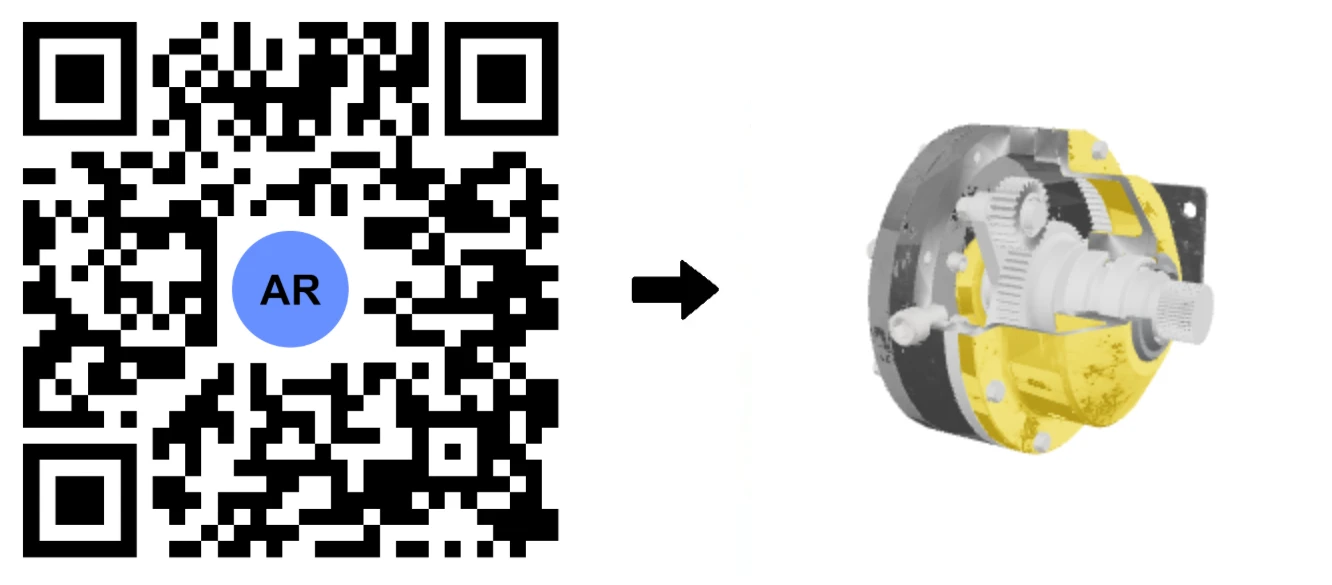
AR Code: The Business Solution for 3D Modeling and AR
Lead your industry’s digital transformation with AR Code’s all-in-one AR platform. Let your teams create engaging interactive content using AR Portals and Object Capture. Elevate your brand with AR Face Filters and AR Logos. Explore augmented reality for real estate, learn how AR Code drives museum visitor engagement, and see the value of AR Codes in smart cities. Generate AR experiences instantly from images using AR GenAI and unlock next-level efficiency.
Frequently Asked Questions
What are industrial 3D CAD models and why are they used?
Industrial 3D CAD models are detailed digital representations that power accurate design, simulation, and visualization in manufacturing. Create efficient design processes and improve planning with these assets. Learn more in our guide on AR Code in industrial manufacturing.
How can I convert my 3D model using CAD Assistant?
CAD Assistant is a free tool for businesses to convert 3D models. Download it at https://www.opencascade.com/products/cad-assistant/ and export your model as .OBJ for AR projects.
What is 3D model decimation and why is it important?
3D model decimation minimizes mesh vertices for efficient performance and reduced file sizes while maintaining appearance for AR. See this AR model optimization video tutorial for actionable tips.
How to compress the textures of a 3D model with Gimp?
Enhance your AR model’s load speed and quality by editing texture images in Gimp. Resize and reformat textures for optimal AR display and user experience.
Tutorials - Latest Blog Posts
Tutorial on Leveraging the AR Code API Key
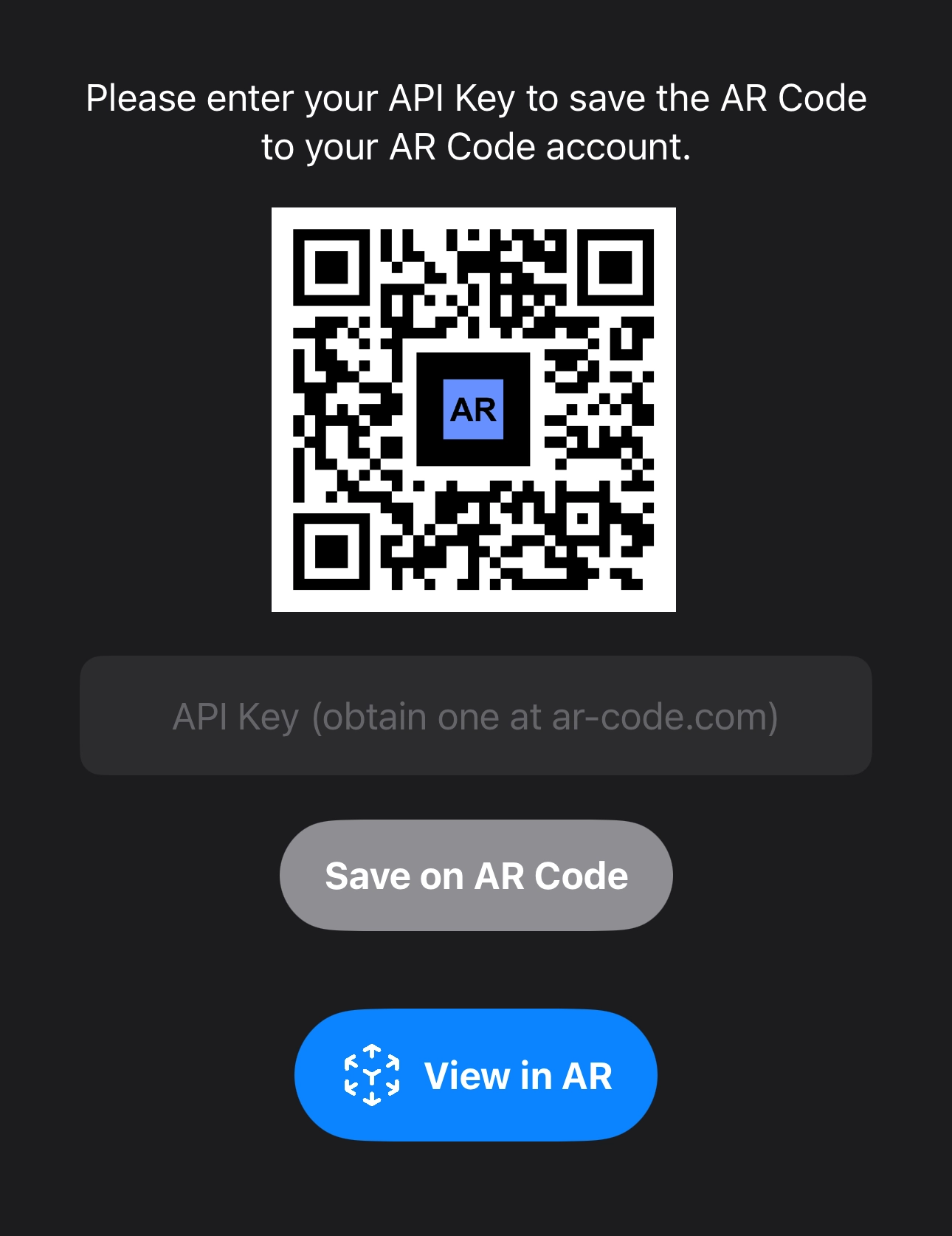
Accelerate business growth with AR Code SaaS solutions, the premier augmented reality platform for scalable AR integration. Streamline operations, boost marketing, and elevate customer experiences with features like AR Code API key integration. AR Code empowers businesses to automate AR workflows, deliver immersive...
How to Create a Customized AR Code Experience?
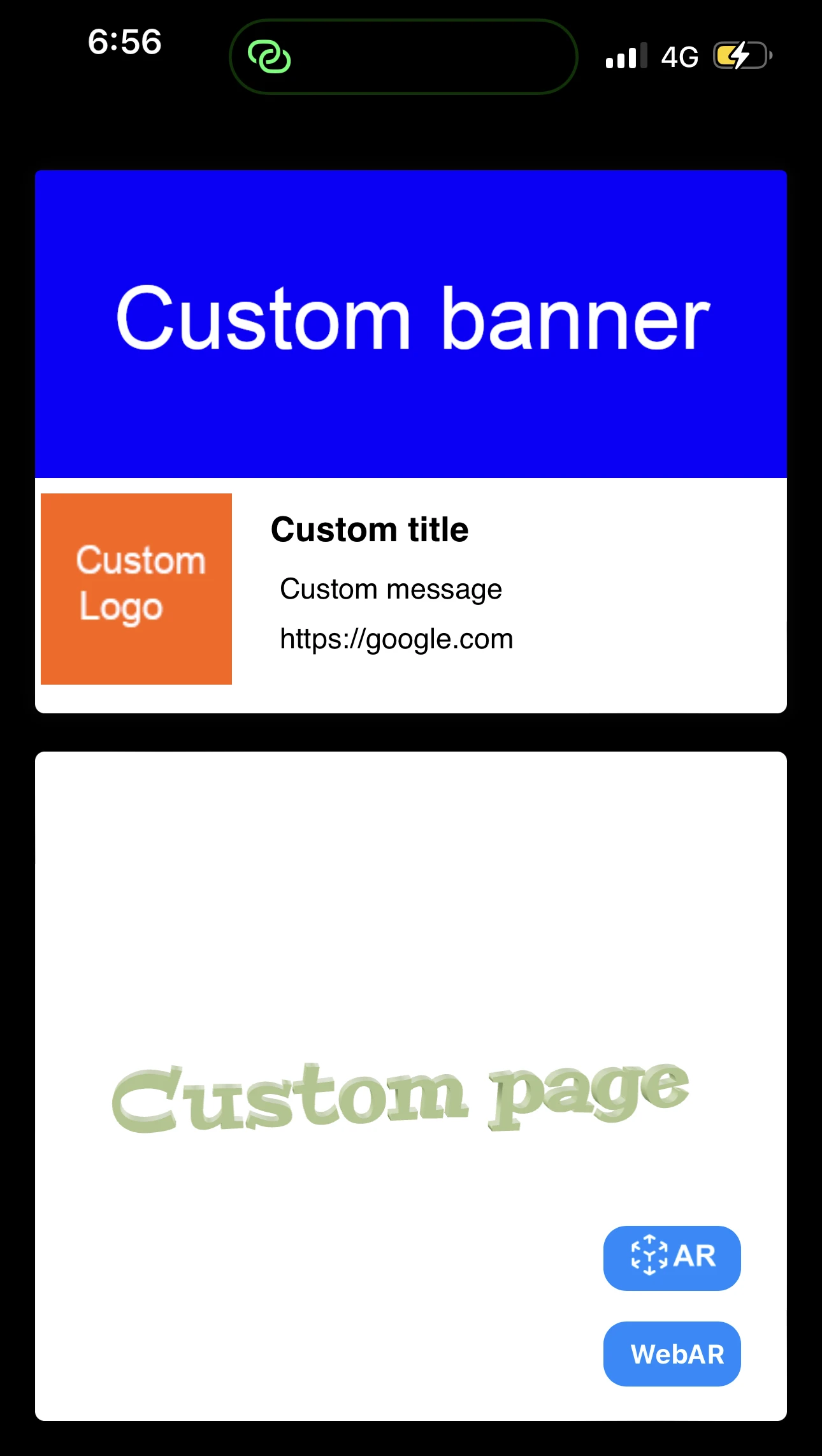
AR Codes transform customer engagement with immersive augmented reality experiences that distinguish your business in the digital marketplace. With AR Code’s advanced custom pages, your brand can showcase unique messaging, logos, and calls-to-action instantly when users scan the AR code, maximizing your brand’s...
How to Manage the File Size Limitation for 3D Models on AR Code ?

Accelerate your business growth and boost engagement with AR Code SaaS solutions. Instantly integrate immersive augmented reality and 3D experiences into your products, marketing strategies, and brand communication using AR Code. Empower your brand with interactive product demos, dynamic AR advertising, and more....
VIDEO TUTORIAL: How to make a 3D Model optimized for Augmented Reality with AR Code?
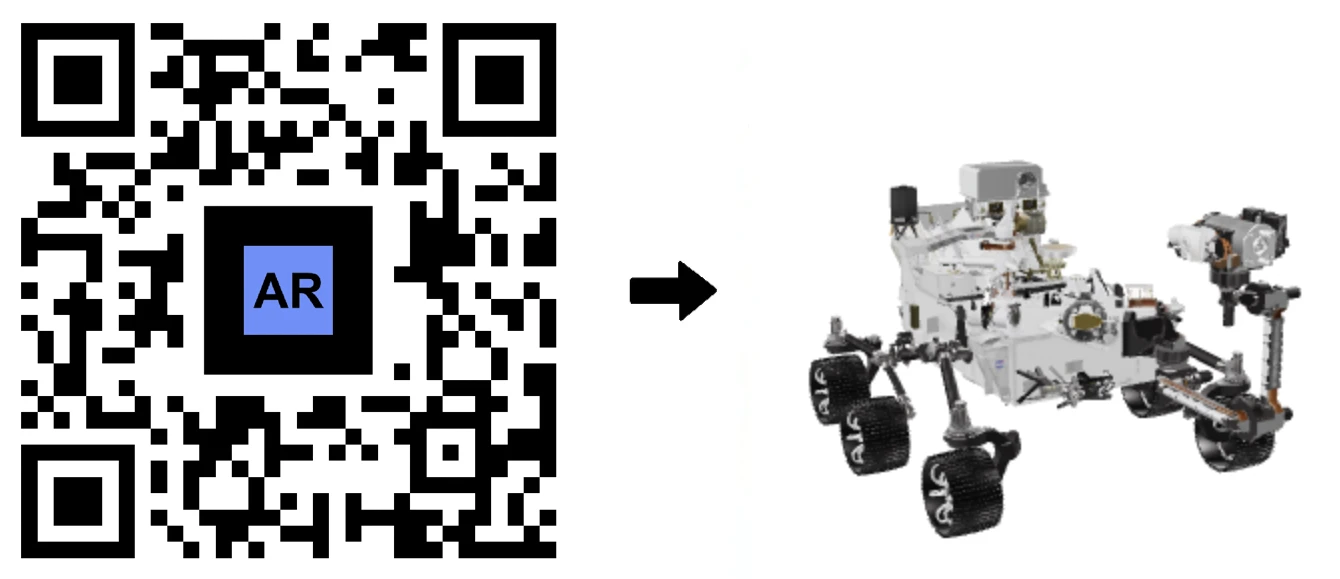
Boost your business marketing and customer interaction with AR Code SaaS solutions. Easily add immersive augmented reality to your brand by preparing high-performing, optimized 3D models in Blender. This guide reveals proven strategies for optimizing 3D assets, enabling your business to stand out with impactful AR...
VIDEO TUTORIAL: How to convert a 3D CAD model from STP STEP or IGS IGES formats to GLB or OBJ

3D CAD models drive digital transformation for industries including industrial manufacturing, real estate, creative agencies, and product design. Today’s CAD platforms enable seamless project execution and collaboration. Integrating AR Code SaaS solutions lets businesses showcase 3D CAD models in interactive...
VIDEO TUTORIAL: How to compress / reduce the size of a 3D model in Blender (GLB, GLTF, DAE, FBX, OBJ...)?
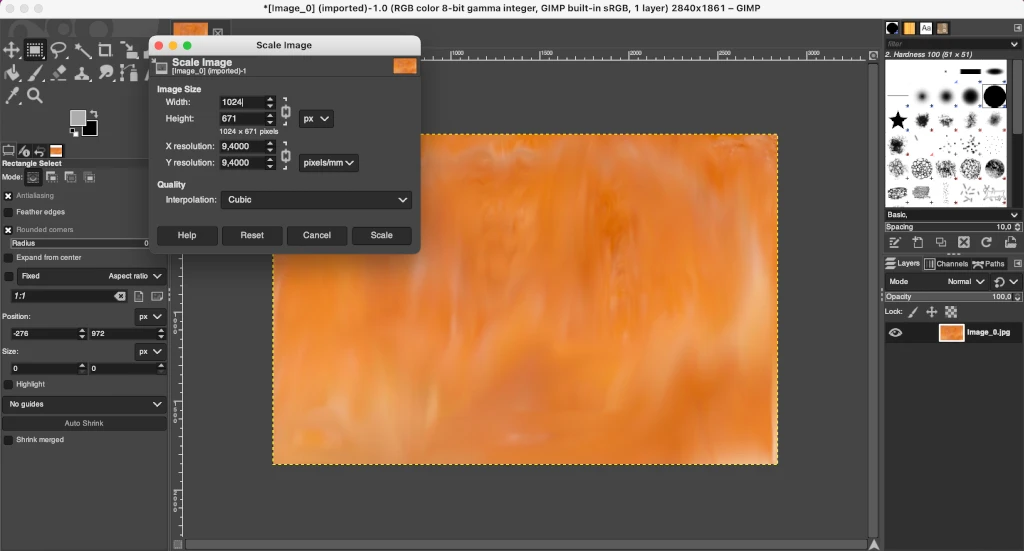
Blender is a top open-source 3D platform businesses use to create high-quality 3D graphics, animation, and visual effects. Its wide format support—GLB, GLTF, DAE, OBJ, ABC, USD, BVH, PLY, STL, FBX, and X3D—allows organizations to streamline 3D modeling, design, and augmented reality production....
VIDEO TUTORIAL: How to Display a 3D Scan Photogrammetry in Augmented Reality with an AR Code

Accelerate your business growth with AR Code’s SaaS solutions for seamless photogrammetry uploads and immersive augmented reality rendering. AR QR Codes transform customer engagement, increase conversion rates, and deliver interactive experiences that make your brand memorable. Boost your marketing strategy and...
VIDEO TUTORIAL: How to create an AR Portal and anchor it with an AR Code?
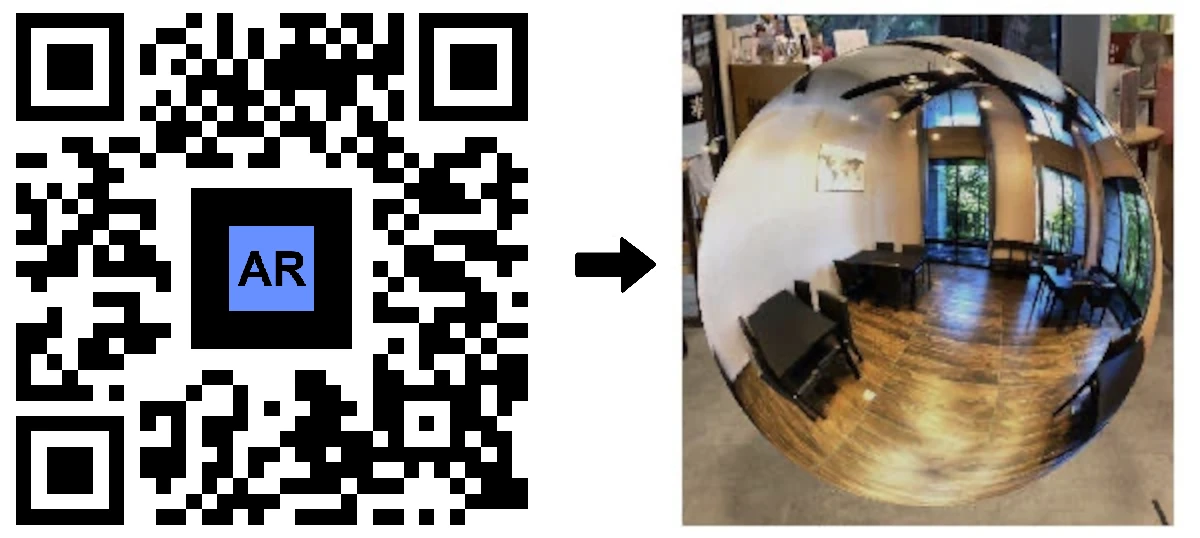
AR Portals revolutionize business engagement by delivering immersive augmented reality experiences that boost customer interaction and drive conversions. With AR Code SaaS solutions, present your products and services through dynamic digital presentations that inspire purchasing decisions and build brand...
VIDEO TUTORIAL: Generate 3D Text on AR Code
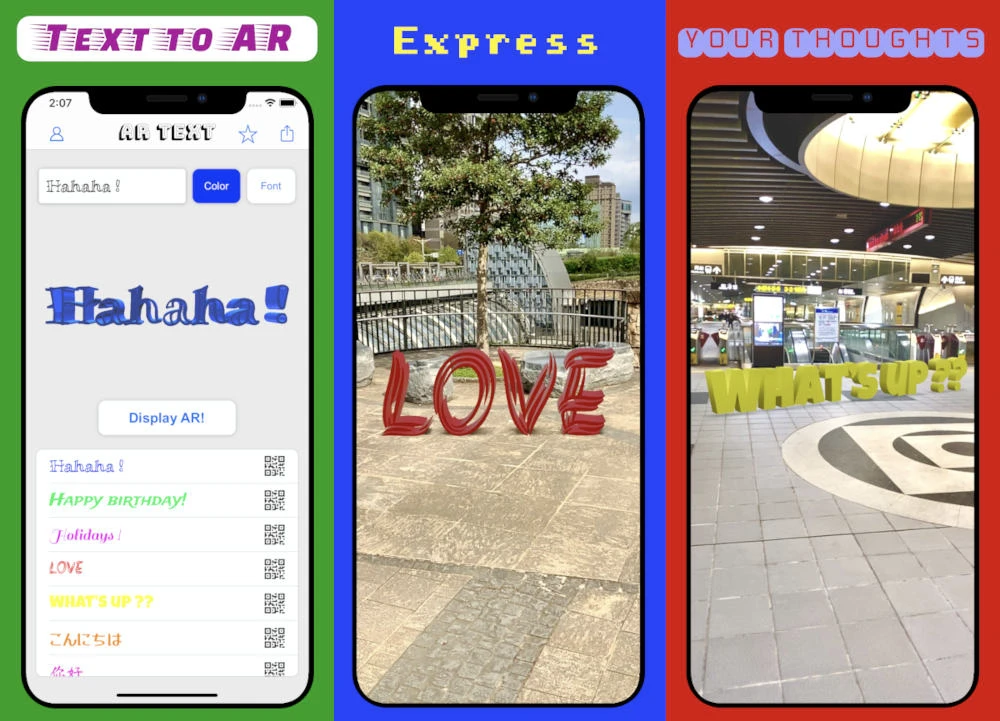
Boost your business marketing, communication, and educational strategies with AR Text from AR Code. Instantly turn any text into immersive 3D AR animations that engage audiences and strengthen your brand identity. AR Text is tailored for businesses, educators, and creative professionals, delivering interactive...
VIDEO TUTORIAL: Create an AR 3D Photo on AR Code
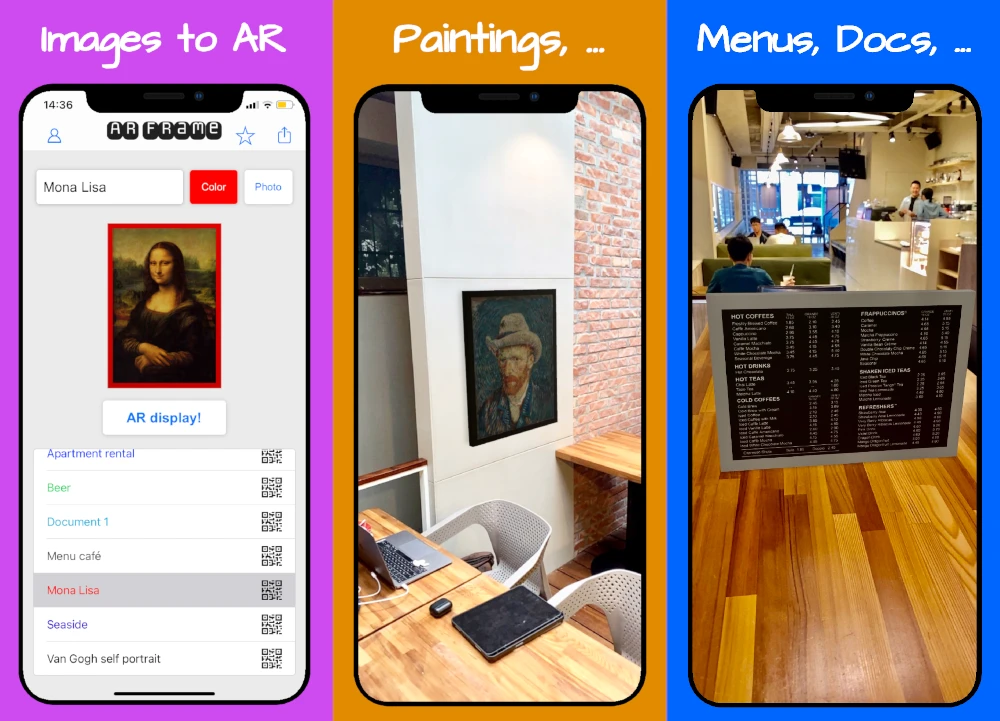
AR Code transforms business marketing with cutting-edge 3D Augmented Reality photography and seamless AR experiences. With AR Code SaaS, companies quickly generate and share engaging AR QR Codes to boost customer interaction and enhance brand visibility. The AR Code platform is the ideal solution for brands seeking...
165,956 AR experiences
582,842 Scans per day
133,278 Creators
